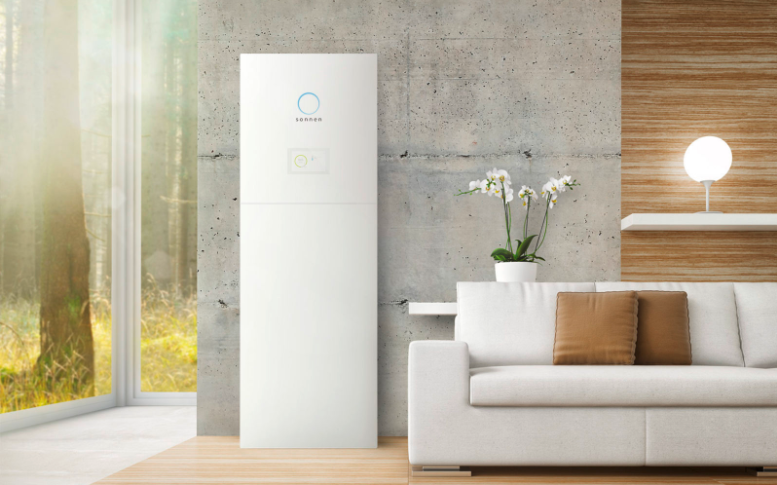
German home energy storage and virtual power plant (VPP) company sonnen has deployed 86 of its ecoLinx batteries in a new-build complex in Florida, US.
Sonnen has partnered with sustainable homebuilder Pearl Homes to deploy its systems across the Hunters Point Energy Community in Cortez, Manatee County.
Enjoy 12 months of exclusive analysis
- Regular insight and analysis of the industry’s biggest developments
- In-depth interviews with the industry’s leading figures
- Annual digital subscription to the PV Tech Power journal
- Discounts on Solar Media’s portfolio of events, in-person and virtual
All 86 homes will have a solar PV plus sonnen ecoLinx energy storage system, meaning the ability to power themselves with clean energy in the event of a grid outage. Pearl Homes said the project is aimed at offering electrical independence from electricity bills to residents of the community.
The press release did not say which ecoLinx model would be deployed. They range from 12kWh to the largest at 30kWh, meaning the 86 combined total somewhere between 1MWh and 2.6MWh of energy storage.
The Hunters Point homes qualify as Net Zero LEED Plus, a mark of their sustainability credentials from the Leadership in Energy and Environmental Design (LEED) global building certification programme.
“We believe the Hunters Point community will serve as a ‘greenprint’ for the future of not only clean energy homes but entire sustainable, cost-effective master-planned communities. We seek out trailblazing partners, like Sonnen, for our projects because our focus has always been on building products and solutions that have the potential to change the world,” said Marshall Gobuty, founder, Pearl Homes.
Sonnen, which was acquired by Shell in 2019, is the largest home energy storage system provider in Germany and has recently been making inroads in the US market through partnerships with utilities and homebuilders.
The company specialises in deploying and then aggregating those systems in VPPs which can then act as one, larger energy storage unit to help relieve strain on the grid. In the US, it has done this in Utah, Wyoming and Idaho in partnership with utility Rocky Mountain Power and in New York with community choice aggregator (CCA) Sustainable Westchester.






